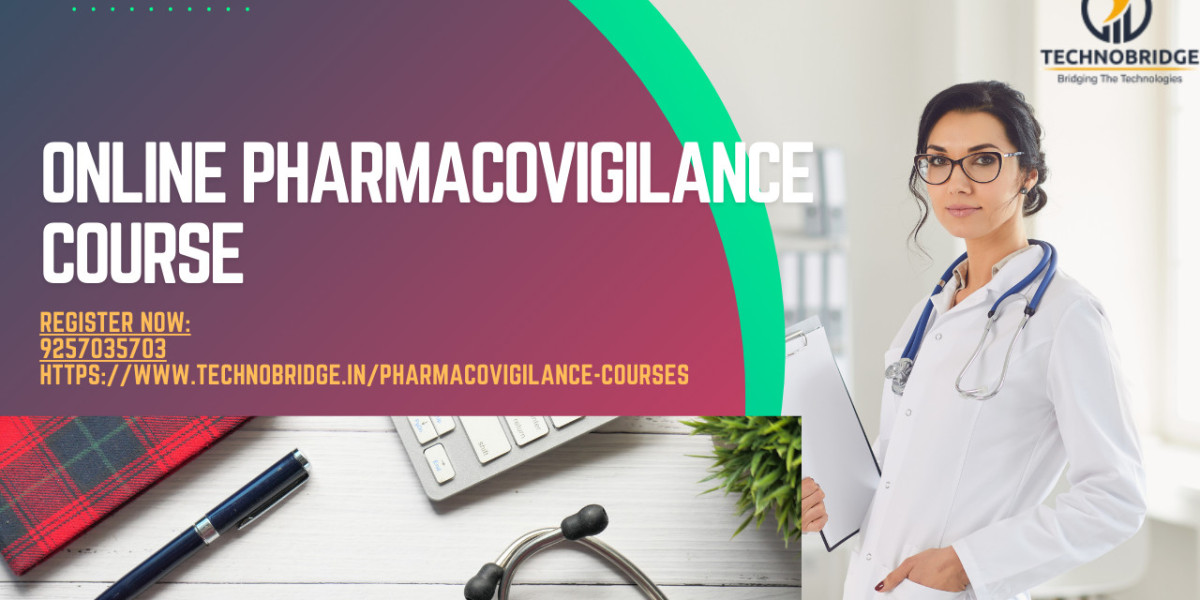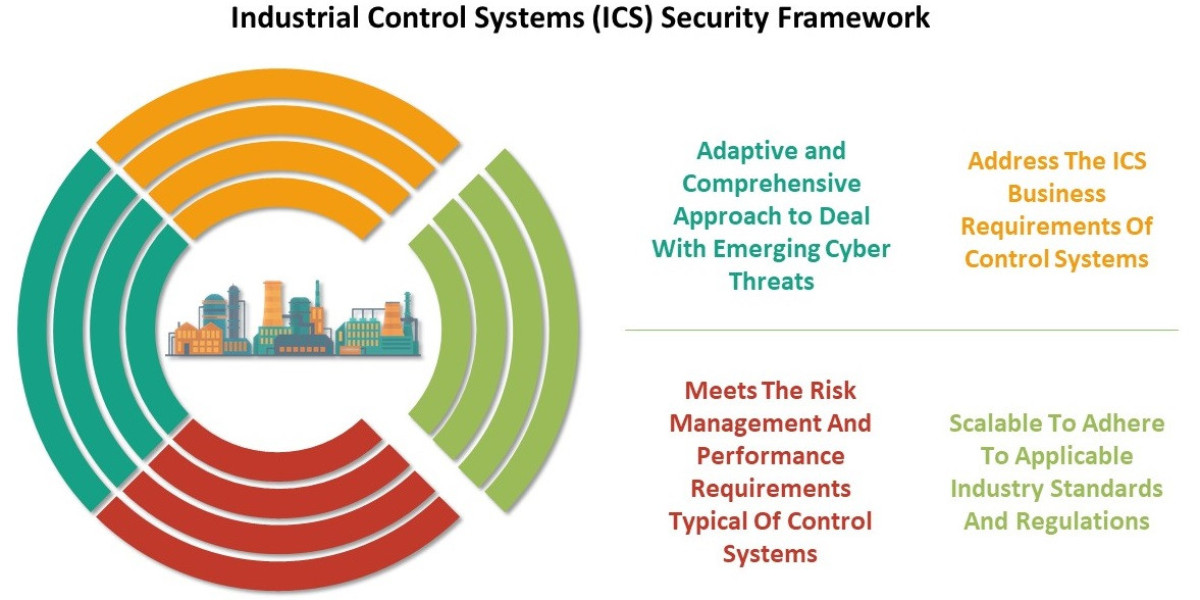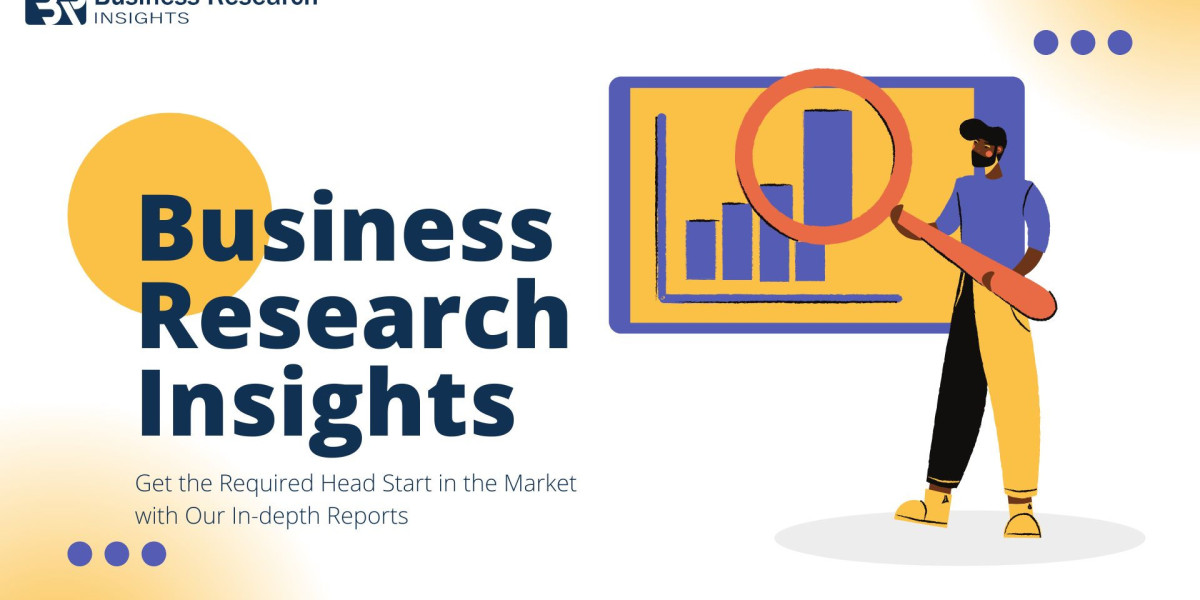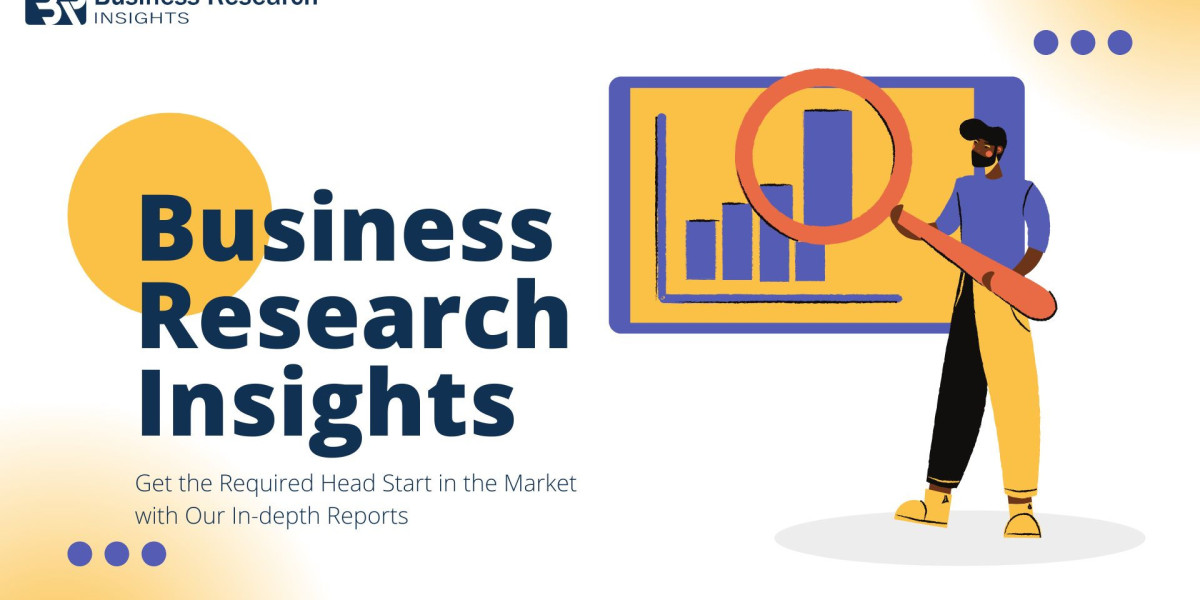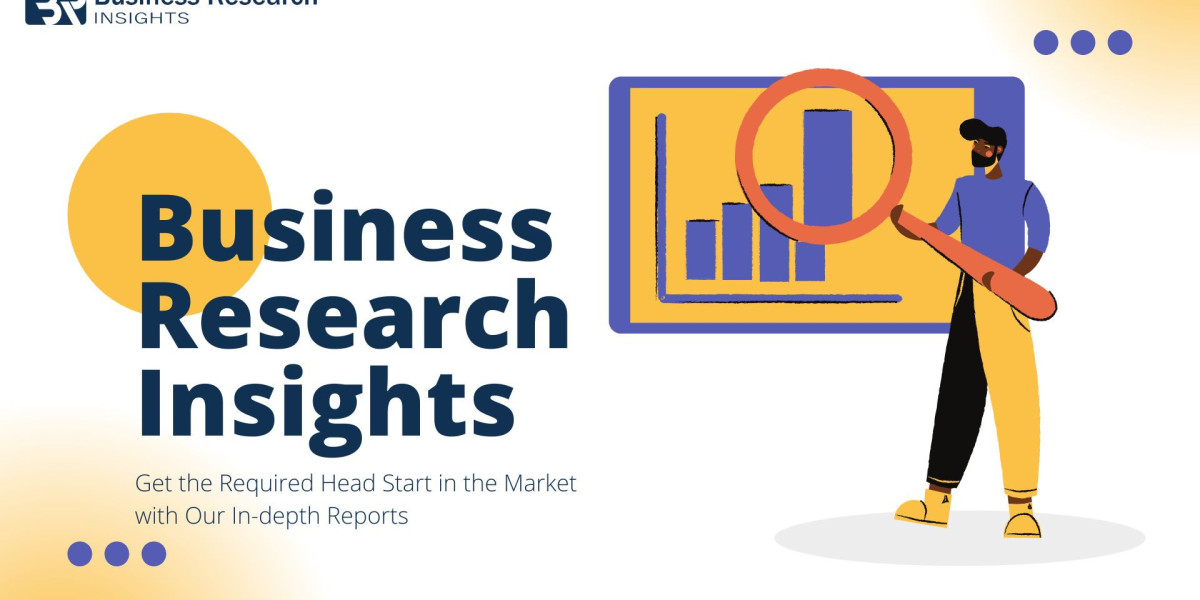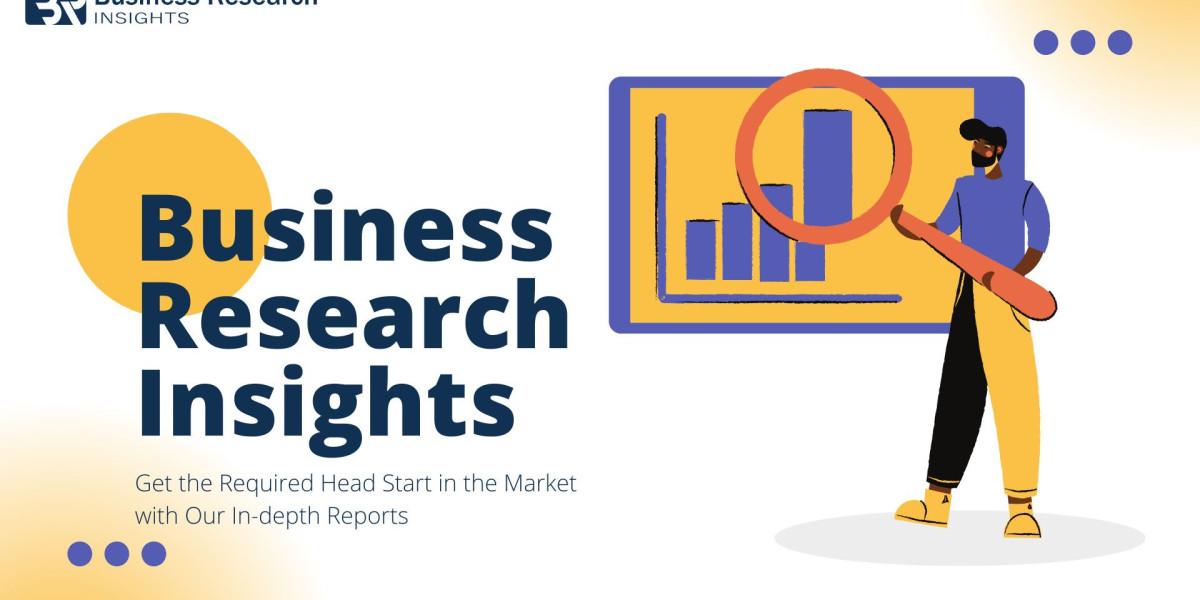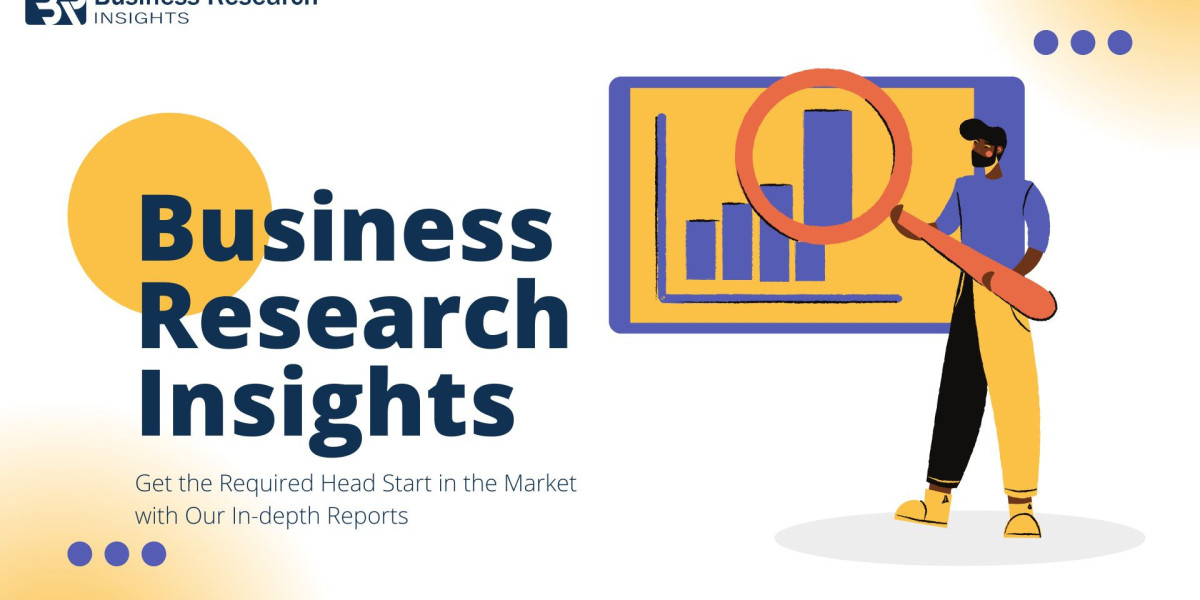Introduction:
In healthcare and the pharmaceutical industry, pharmacovigilance is very important. It helps ensure that medicines and medical products are safe and effective. As safety rules change and health issues become more complicated worldwide, there is a growing need for experts in pharmacovigilance. If you are thinking about working in this field, it is important to understand the career opportunities available after completing a pharmacovigilance course.
Introduction to Pharmacovigilance
Pharmacovigilance, often abbreviated as PV, is the science and activities relating to the detection, assessment, understanding, and prevention of adverse effects or any other drug-related problems. It involves monitoring the safety of medicines throughout their lifecycle, from clinical trials to post-marketing surveillance. This field ensures that healthcare providers and patients have accurate information about the risks and benefits of medications.
Importance of Pharmacovigilance in Healthcare
In recent years, pharmacovigilance has gained significant attention due to several high-profile incidents involving drug safety issues. Regulatory authorities worldwide have tightened their oversight, making pharmacovigilance an integral part of drug development and surveillance processes. As a result, pharmaceutical companies, regulatory agencies, and healthcare institutions are actively seeking skilled professionals trained in pharmacovigilance.
Career Paths in Pharmacovigilance
1. Clinical Research
Clinical research is fundamental to pharmacovigilance as it provides the initial data on drug safety and efficacy. Professionals with a background in pharmacovigilance often find roles in clinical research organizations (CROs), academic institutions, or pharmaceutical companies conducting clinical trials. They ensure that adverse events are properly documented and reported during the trial phases.
2. Clinical Data Management
Clinical data management involves collecting, cleaning, and managing data from clinical trials and observational studies. Pharmacovigilance professionals play a critical role in ensuring that adverse event data is accurately captured, analyzed, and reported to regulatory authorities. This field offers opportunities in CROs, pharmaceutical companies, and healthcare organizations.
3. Regulatory Affairs
Regulatory affairs professionals ensure that pharmaceutical products comply with all applicable regulations and guidelines. Pharmacovigilance experts contribute by providing safety data and risk assessments to support regulatory submissions and ongoing compliance. Careers in regulatory affairs are available in pharmaceutical companies, biotechnology firms, and regulatory agencies.
Educational Pathways for Pharmacovigilance Careers
- Post Graduate Diploma in Clinical Research
A Post Graduate Diploma in Clinical Research provides comprehensive training in pharmacovigilance, clinical trials management, regulatory affairs, and other essential skills. This qualification prepares graduates for entry-level positions in pharmacovigilance and clinical research.
- Pharmacovigilance Training
Specialized pharmacovigilance training programs offer in-depth knowledge of drug safety principles, adverse event reporting, regulatory requirements, and pharmacovigilance systems. These programs are designed for professionals looking to transition into or advance within the field of pharmacovigilance.
- Career Options After M.Pharm and B.Pharm
Graduates with a Bachelor’s (B.Pharm) or Master’s (M.Pharm) degree in Pharmacy have numerous career opportunities in pharmacovigilance. They can pursue roles such as Drug Safety Associate, Pharmacovigilance Specialist, Medical Safety Officer, or Clinical Research Associate (CRA) in pharmaceutical companies, CROs, regulatory agencies, and healthcare organizations.
Future Trends in Pharmacovigilance Careers
The field of pharmacovigilance is continually evolving due to advancements in technology, changes in regulatory requirements, and emerging global health challenges. Professionals with expertise in pharmacovigilance will be in high demand to address complex issues such as pharmacogenomics, real-world evidence, and the safety of biopharmaceuticals and medical devices.
Conclusion
A career in pharmacovigilance offers diverse opportunities for individuals passionate about drug safety and public health. Whether entering the field through clinical research, data management, regulatory affairs, or specialized training programs, pharmacovigilance professionals play a crucial role in safeguarding patient health and ensuring the efficacy of medical treatments. With the increasing emphasis on drug safety and regulatory compliance, the demand for skilled pharmacovigilance professionals is expected to grow, making it an attractive career option for healthcare and life sciences graduates worldwide.
Aspiring professionals should consider acquiring relevant qualifications, gaining practical experience through internships or entry-level positions, and staying updated with industry trends to build a successful career in pharmacovigilance. By doing so, they can contribute meaningfully to the advancement of healthcare while enjoying a rewarding and fulfilling career path in pharmacovigilance.
